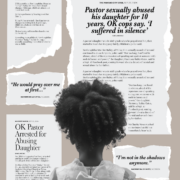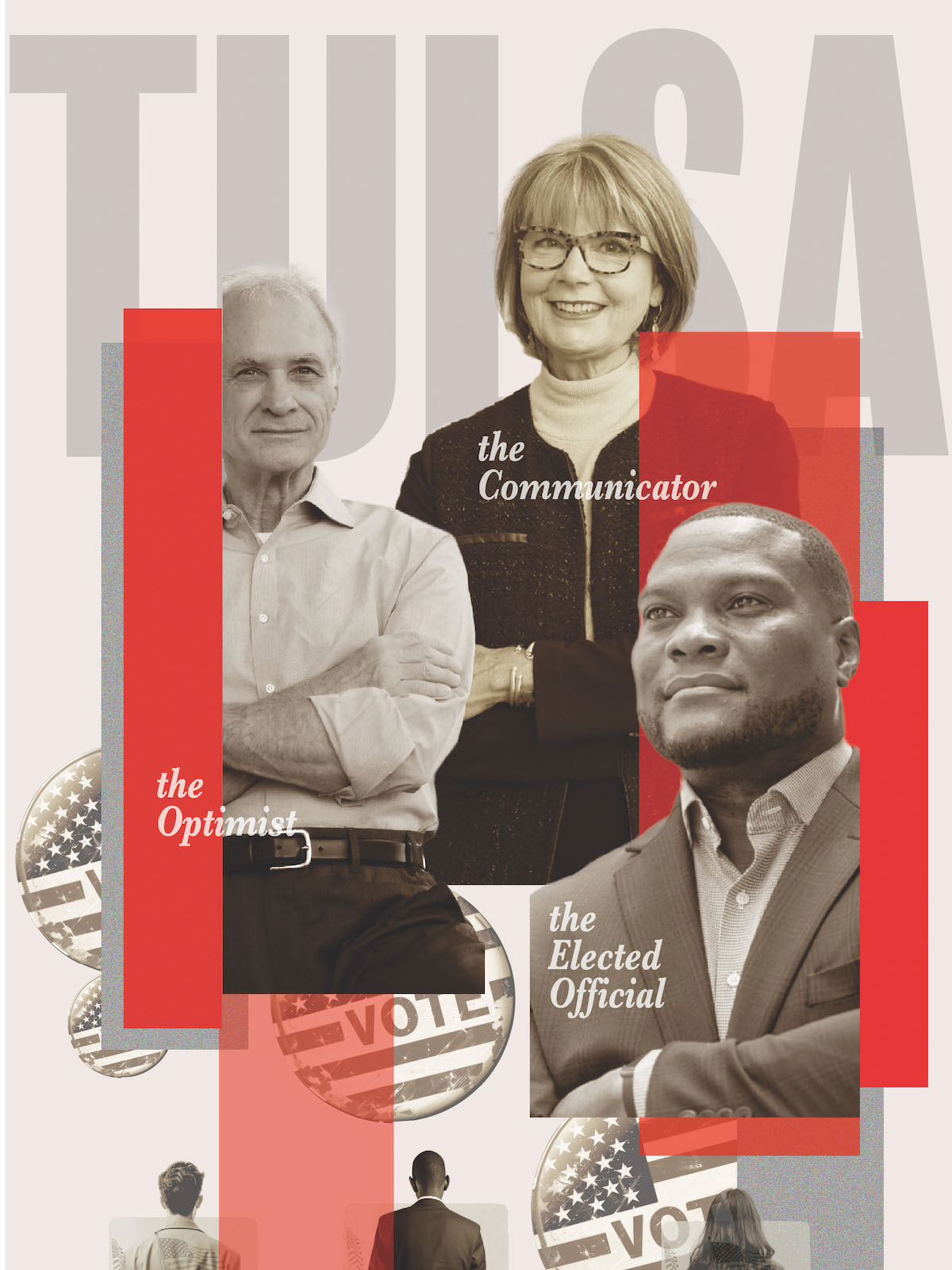
POLITICS
Kimberly Marsh
(LEFT-TO-RIGHT) Tulsa mayoral candidates, Jayme Fowler, Karen Keith, St. Rep Monroe Nichols, District 72. Ilustration, The Oklahoma Eagle
Nichols Seeks To Be Tulsa’s First Black Mayor
The Oklahoma Eagle is launching its coverage of the August 27 Tulsa mayoral election with a report about the three candidates’ presentations during a March 25th town hall. Two midtown neighborhood associations and Mvskoke Media, the independent free press for the Muscogee Creek Nation, sponsored the event. The candidates appearing were Tulsa City Councilor Jayme Fowler, Tulsa County Commissioner Karen Keith, and Monroe Nichols, former Oklahoma House Representative of the 72nd District. Nichols is African American and a champion of improving conditions on north Tulsa. The other two contendors are white.
During a broad-ranging discussion, the candidates highlighted the following key topics: the challenges of the unhoused and the related problems of mental health; street improvement delays; bipartisanship and co-governance with Tulsa area Native American tribes; and issues with mass transit.
The town hall, held at The Venue Shrine at 18th Street and Boston Ave., was standing room only. The crowd was primarily composed of the residents of the Riverview Neighborhood along Riverside Drive and the adjacent Maple Ridge neighborhood from Riverside to Peoria and 11th Street to 31st Street. Indigenous members of the Muscogee Creek Nation joined the sponsorship as the original owners of the land east of Riverside, historically marked by the Council Oak Tree and Dream Keepers Park.
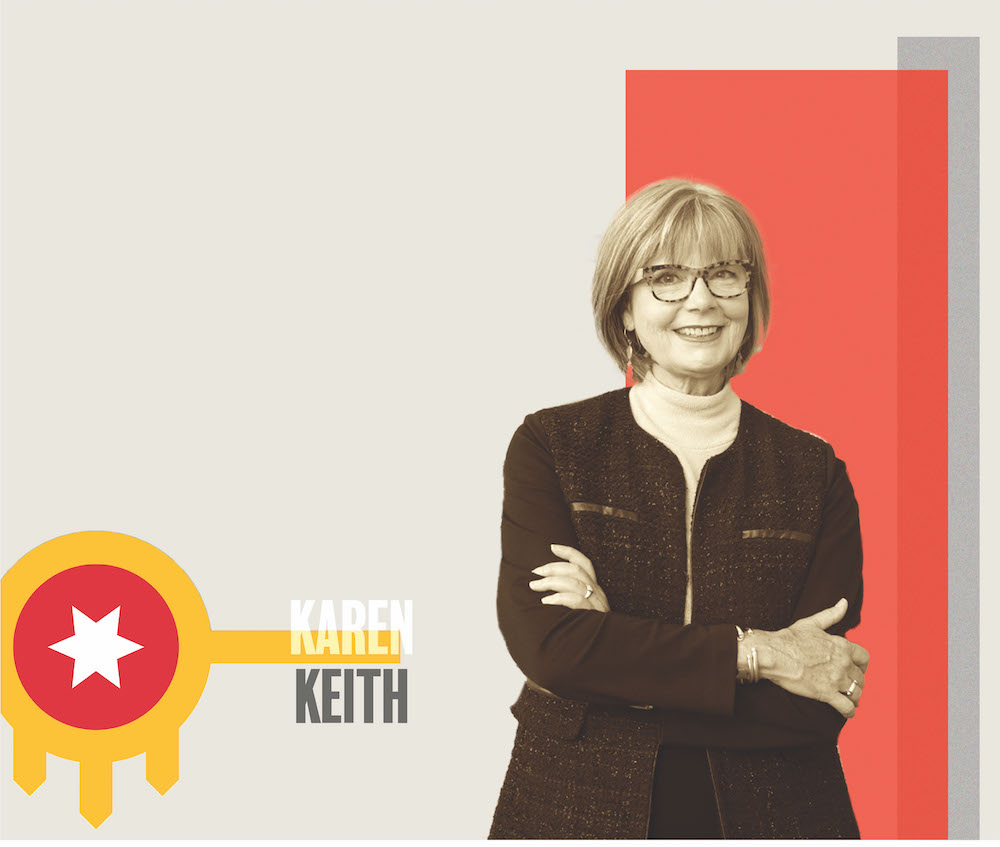
Addressing Co-governance and Jurisdictional Issues
The Creek Nation provided a cultural perspective on Tulsa’s government with questions regarding tribal sovereignty, parkland preservation, and governance. The first question covered a challenge to the city’s jurisdiction over municipal crimes committed by tribal citizens within the city limits.
All three candidates said they would take a similar approach to such cases. They concurred that they would comply with the law, acknowledged appreciation for the sovereignty of the tribes, for the need to follow court rulings on jurisdictional issues, and the importance of negotiating with mutual respect. They acknowledged the deteriorating nature of Oklahoma Gov. Kevin Stitt’s relations with the state’s tribal governments. They agreed this was not the kind of relationship they would support.
Nichols told the crowd he intends to address all the vital issues – from public safety to homelessness to job creation and education – by creating a co-governance strategy and appointing a senior director of tribal policy and partnerships.
“The reality is this is not an easy thing to work through. But it is also not something that has to be this difficult, this adversarial… I think moving forward, given that this is the largest city that rests wholly on native reservation, it’s important that we don’t just think about this one court ruling in a vacuum…Because we are inhabitants of their reservation, and our administration will make sure that we not only respect tribal sovereignty, but we will co-govern with tribes from day one.”
Keith said she is committed to resolving lingering issues with the tribes and will work with tribal leaders directly, as she has done during her tenure as Tulsa County Commissioner.
“I won’t have a liaison because I have such great respect for these leaders that I feel as the mayor of this community, I need a one-on-one relationship to work with them…Our tribes are investing in the right areas, and so we have much more in common than not. They’re doing important work around the state, in Tulsa County, and our region, so I have met with the region’s tribal leaders and have a good working relationship with them. They know that I have deep respect for the history and for the work that they are doing. So on day one, I will be working in lockstep to address issues that all of us are facing in Tulsa with our tribal partners.”
Fowler said he also would work to streamline processes between city agencies and tribes to make communities safer for everybody. He is the only one of the three candidates who has not accepted donations from tribal governments to support his campaign. He has not met with all the tribal leaders but says he looks forward to having an open dialogue with them.
“Would I accept donations from one of the tribes? I would not, and I think that is a serious conflict of interest. So, I think you always want to work with people at arm’s length with no hidden strings attached. I think that ethics are extremely important, and when you do things at arm’s length, without any financial remuneration, I think that’s very, very important.”
No one should call our streets home
Responding to a series of questions regarding the homeless issues in Tulsa, all three candidates agreed that improvement in mental health services and outreach are needed.
“I think we all agree that absolutely no one should call our streets home,” Keith said. “But that is what we are faced with at this point. She offered a three-pronged approach, starting with cutting the red tape for developers who are working to build affordable housing and the missing middle housing. First, she will appoint a person dedicated to helping her break through the barriers to housing, which slows down construction and adds expense to development costs.
The second is creating synergy among all the mental health care facilities and programs in the city, pointing out that more facilities are opening, and there will be unparalleled opportunities to work together to get people to safe places. The third aspect is supporting law enforcement who are working with mental health providers.
“So there’s really some good things happening. Don’t give up. I really think we’re on a trajectory to make this work so that we’ll get it done.”
Fowler is equally passionate about mental health and housing. He echoed Keith’s statements. He is also confident the mental health crisis is being addressed through increased Crisis Response Teams with paramedics, police, and mental health professionals, along with the influx of mental health providers from Laureate’s expansion and Parkside to the new provider Grand Mental Health and all-new facilities at OSU-Tulsa, Veterans Administration facility along with Indian Health to provide services,
Nichols painted a bleaker picture of the overall picture of homelessness that impacts every aspect of life in Tulsa. He cited statistics showing overall homelessness has worsened by about 8.6% since 2021, and family homelessness, in particular, has grown by 34% since 2020. Nine hundred kids are homeless today. One thousand of Tulsa’s families are facing eviction. “The community is losing hope,” he said.
“There was an outside poll done that said that 85% of Tulsans don’t believe that local government can meet this challenge. And so we’re also facing a challenge in which we’ve lost the faith of people out there in the community,” Nichols said. He added that his strategy will get Tulsa “ to a place where we end homelessness as we know it” by focusing on five things” including the appointment of a senior adviser to the mayor to lead a city-wide strategy and an Interagency Council on Homelessness, investment in data systems outreach, aligning community investments and add housing stock and flexible funding.
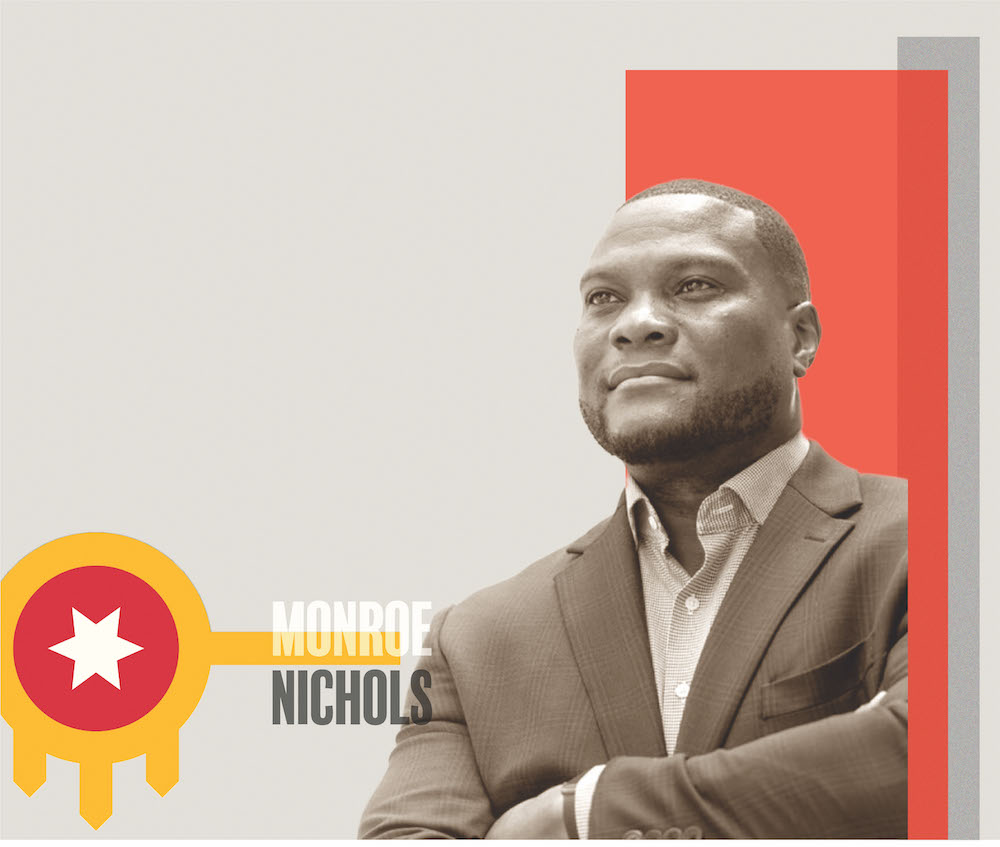
Every Mayor’s Goal: Finish the Streets Faster
The question of the 21st century at Tulsa’s City Hall is: why does it take so long to finish a street construction project? The trouble with streets has been a common theme in every mayor’s race since 2000. The city began in 1999 to catch up on street maintenance, and orange cones and barrels are an all too familiar sight. In the 1980s, the City government focused on building and widening arterial streets. In the 2000s, reconstruction and maintenance projects contributed to a nightmare scenario for drivers encountering closed lanes and detours daily.
The event’s moderator asked: What are some innovative solutions to fix our crumbling streets in the short term and long term?
Nichols promised three things he would do to improve street processes. One is to have complete transparency on projects with real-time information on the timeline that a business will be impacted, the contractor cost, and a contact at the city. While some information is available online, Nichols said he would ensure QR codes are easily accessible so the public may find the information. Regarding internal processes, Nichols said he would ensure that “everybody who has an interest in what’s underneath a street is at the table to ensure we don’t have to rip some up and rip it up again.” The City’s Engineering Department under the Public Works Department does have processes in place for a right-of-way to right-of-way approach that includes replacing any infrastructure under the street at the time of new construction.
Nichols said his first 100 days in office will be spent evaluating the Public Works Department and “coming up with the things that we have to do over the long haul to make sure that department works well.” Mayor Dewey Bartlett broke apart the Public Works Department in 2011 with leads for Engineering Services, Streets & Stormwater, and Water & Sewer. Mayor G.T. Bynum put it back together again in June 2023 under a different structure and a new Public Works Director.
Keith said the City has too much red tape and limited interest from contractors to bid on the work. She will have a person who is “hyper-focused on this issue” to make the processes more efficient.
“It takes 75 days to wait for an answer, so we have to do things better,” she said.
As a City Councilor, Fowler should be familiar with the street construction process and the complaints. He said the street hold-ups can be due to small details that are difficult to overcome, and delays become costly for contractors. As a result, he said smaller contractors stop bidding for the jobs, and there is less competition to drive down the costs. Fowler said he wanted to eliminate a five percent “hold back” or a percentage of the project that was not paid until the final project had been inspected and approved.
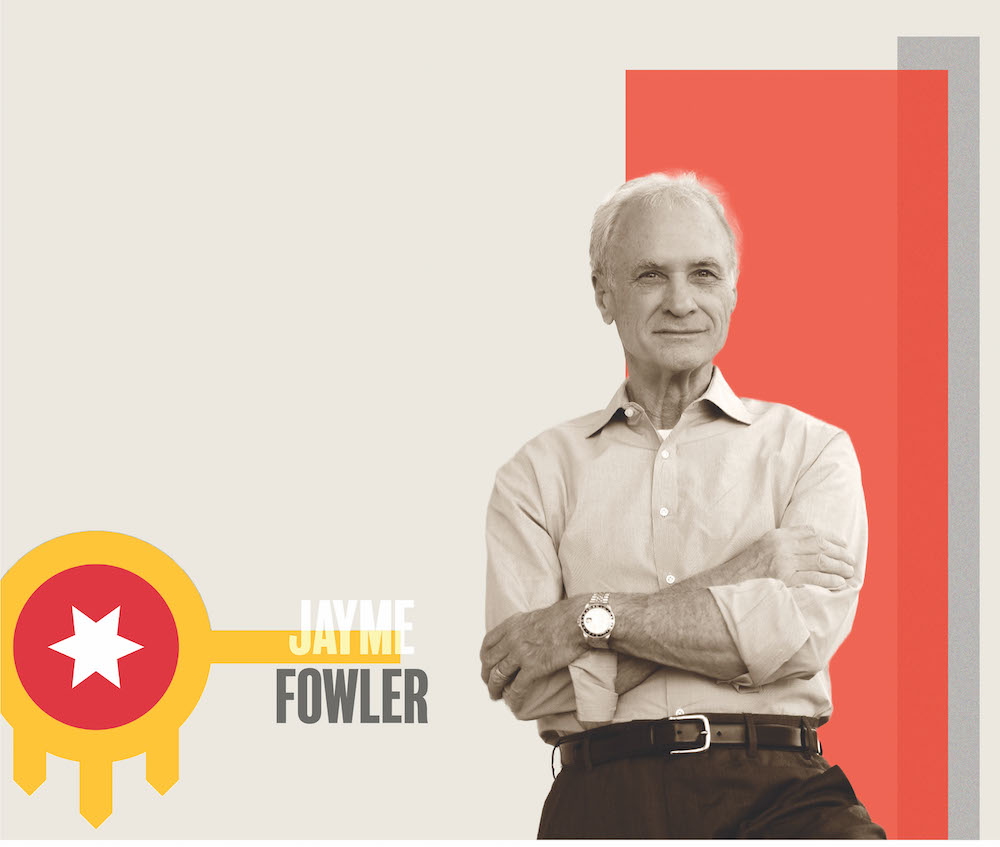
Let’s Hear It For a More Robust Mass Transit System
Although many midtown residents don’t ride the bus, they are interested in alternative transportation and believe a more robust mass transit system will lead to more equitable growth in the city.
The candidates also took on this topic with gusto and spoke of two ways of approaching it.
Nichols shared a story of a justice organization that spent $25,000 in one month trying to get people to navigate the city to get to court cases and other critical engagements.
“What I can commit to is making sure that in the first term of office, we will make sure we change how we move folks across the city,” he said. “I think it’s going to take some time. I think we have it within ourselves to do it. I think there have been many great ideas on how you get there. But I do think it’s going to take a mayor who’s an implementer, not just a mayor who just has a thousand ideas.”
Keith laid out the current situation, saying that there is new leadership with MetroLink Tulsa, formerly Tulsa Transit, who has created an Uber-type system through micro-transit, meaning smaller vans are used to take fewer passengers to major hubs. She said transit ridership has doubled, and there are many innovative ideas, but a transit leader who understands how to make it happen is needed.
Fowler said Keith’s assessment of MetroLink is spot on. He also said they recognize the need to modify and move according to market conditions, weather conditions, or other factors. The bigger buses are going away because, as he said, “what once were economies of scale where you needed to be really big to do things are now what we call diseconomies of scale. You need to be small, agile, and very flexible. We are right on the cusp.”
Education in 45 Seconds or Less
Each candidate was given 45 seconds to talk about what Nichols said was one of the most important subjects: Education. The recommendations range from being an ambassador to the Tulsa Public School District to redefining the Tulsa mayor’s role in education.
Nichols has devoted most of his career to education. He co-founded Impact Tulsa and works with his nonprofit Strive Together.
“So we take a comprehensive look at how we’re serving particularly those who are vulnerable,” Nichols said, noting that 900 students in TPS are homeless and 1,000 families are facing evictions.”
“We have to make sure that as a city and as mayor, I’m not asking the school district to deal with my affordable housing problem but not holding myself accountable for their literacy problem,” he added. “And so the reality is, it’s taking ownership of this issue, to redefine the role of the mayor, and we’ve put out particular ways that we can do it.”
Both Fowler and Keith said they come from a family of educators. Fowler said Tulsa must reimagine Tulsa schools with a combination of corporate engagement, corporate dollars, philanthropic dollars, and tax dollars to rebuild vibrant high schools that are college preparatory and trade schools to get kids ready for a skill. He noted that he is a Reading Partner to a second grader, and he established a $100,000 endowment for the Teacher of the Year Award at Marshall and McClure Elementary Schools, which will continue in perpetuity.
Keith said the headlines and the hostile rhetoric coming out of the Oklahoma Superintendent’s office have clouded the accomplishments in the Tulsa schools and the fact that Tulsa has amazing teachers.
“I think the mayor needs to be a champion for education and talk about the great things that our public schools are doing,” she said. “But all this negative rhetoric is making it much harder to recruit teachers and we need to make sure that Tulsa is a place where people want to come and these teachers want to come here and live. So as a mayor, I’m going to be a champion for our educators, for our students, and for our schools, lifting them and celebrating all the wonderful things they’re doing.”
The general election for mayor of Tulsa will be held on August 27, 2024. A runoff election, if needed, is scheduled for November 5, 2024. The filing deadline for candidates for this election is June 12, 2024.
Voter registration for the election ends on Aug. 2.








